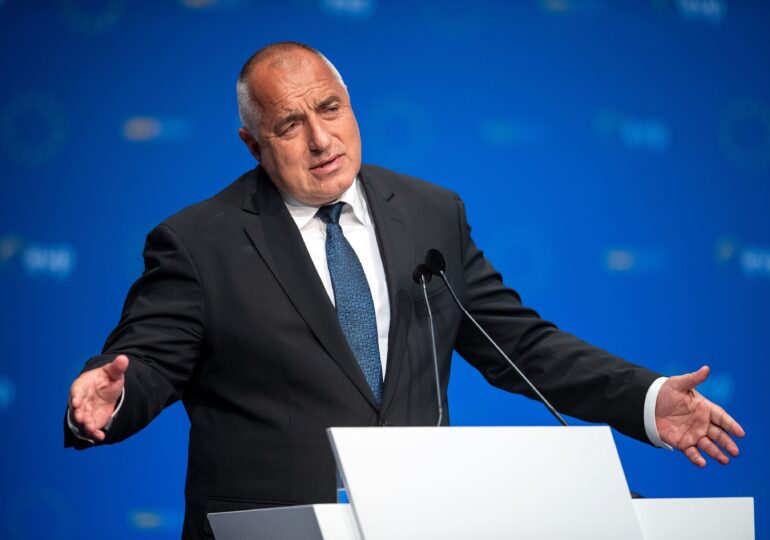The final results of Sunday’s parliamentary elections in Bulgaria, the seventh ballot in the last three and a half years, have confirmed the victory of the conservative populist party GERB, which will, however, face a very difficult period once again to form a governing coalition.
After counting all the votes, the party of former Prime Minister Boiko Borisov obtained 26.3% of the votes, as reported by the Central Electoral Commission in Sofia, according to EFE.
GERB is followed by the reformist and pro-European coalition PP-BD, with 14.2%, and the ultranationalist and pro-Russian party "Renaissance," with 13.3%.
Behind them are the political formation DPS New Generation, with 11.5%, ahead of the Socialist Party, which obtained 7.5%, and the Alliance for Rights and Freedoms, with 7.4%.
The Alliance for Rights and Freedoms is a splinter group from DPS, the party that represented the Turkish minority in Bulgaria until now, and the leaders of the two parties, Ahmed Dogan and Delian Peevski, are two businessmen with a dubious reputation engaged in a power struggle.
In total, eight parties managed to exceed the 4% threshold to enter Parliament, and the voter turnout was 38.9%.
Historical Fragmentation of the Bulgarian Political Scene
These results, in line with Sunday's exit polls, indicate a historic fragmentation of the Bulgarian political scene.
In the context of a high number of parties entering Parliament, Boiko Borisov will face difficulties in forming a coalition of three or four parties to reach the 121 seats necessary for a majority.
The main issues dividing the parties are personal rivalries or ideological differences on subjects such as support for Russia, fighting corruption, or the vision for the country's future in the European Union.
Bulgaria has been in an almost permanent political crisis since 2020. Since then, no government has lasted more than nine months, and Sunday's election was the seventh from April 2021 until now. Five of these elections were won by GERB, but the leader of the party, Boiko Borisov, has been unable to become prime minister since 2021 due to the inability to form a viable coalition.
Upon learning the first estimates from the exit polls, Borisov stated that he would negotiate with all parties willing to follow the GERB program, "except for (the party) Renaissance, as European political families do not allow" such collaboration. He expressed confidence that this time he would succeed in forming a government and taking Bulgaria into the eurozone, an objective planned for next year.
The reformist and pro-European coalition PP-BD will demand the creation of a government led by a neutral prime minister, who will maintain an "equal distance" from all parties and engage in a clear program to combat corruption.

